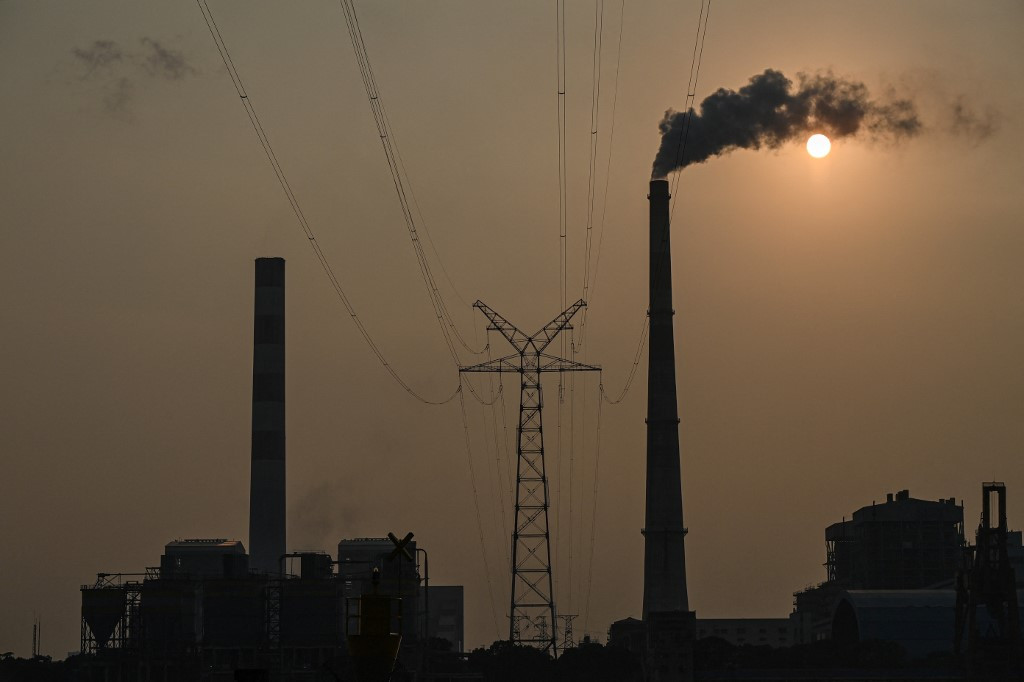Popular Reads
Top Results
Can't find what you're looking for?
View all search resultsPopular Reads
Top Results
Can't find what you're looking for?
View all search resultsAsian stocks extend global slide as inflation fears bite
Asia-Pacific stocks fall 1 percent after decline on Wall Street overnight, as concerns about inflation have sent bonds higher and China’s power shortage is rattling markets.
Change text size
Gift Premium Articles
to Anyone
A
sian equities followed Wall Street sharply lower and bonds rallied on Friday as risk sentiment soured amid growing worries that inflation may persist even after global growth has peaked.
Japan's Nikkei tumbled 1.86 percent, while the broader Topix slid 1.95 percent.
Australian stocks slumped 2.05 percent and South Korea's Kospi lost 1.51 percent.
An MSCI index of Asia-Pacific stocks dropped 1.07 percent.
Chinese markets are closed for a week from Friday for the Golden Week holiday.
"You can argue whether it's really stagflation or not, but the whole growth-inflation backdrop seems to have just tilted to a less favorable one," said Rob Carnell, Asia-Pacific head of research at ING in Singapore.
"Whether or not this is actually going to get imbedded and create problems for years to come, we don't need to know right now - it's sufficiently scary that what we're seeing in markets is justified."
U.S. stock futures pointed to a 0.51 percent decline for the S&P 500, following a 1.19 percent drop in the index overnight.
Nasdaq futures also signaled a 0.49 percent retreat, adding to Thursday's 0.43 percent loss.
The benchmark 10-year Treasury note continued to rally in Tokyo trading, with the yield sliding to the lowest since Sept. 28 at 1.48 percent.
The dollar index, which measures the currency against six major rivals, was off Thursday's one-year high of 94.504, last changing hands at 94.326.
Federal Reserve Chair Jerome Powell said on Wednesday that resolving "tension" between high inflation and high unemployment is the Fed's most urgent issue, acknowledging a potential conflict between the U.S. central bank's two goals of stable prices and full employment.
China has proved a particular worry for investors, hit by regulatory curbs in the tech and property sectors, and now grappling with a power shortage that threatens to push up energy prices globally.
Crude prices continued to ease on Friday after Brent topped $80 a barrel earlier in the week for the first time in three years.
Brent crude futures were largely flat compared to Thursday at $78.32, while U.S. crude futures were also little changed at $75.07.
Gold, an inflation hedge and safe haven, edged back 0.1 percent to $1,755.35 an ounce, following Thursday's 1.77 percent surge, the biggest since March.










